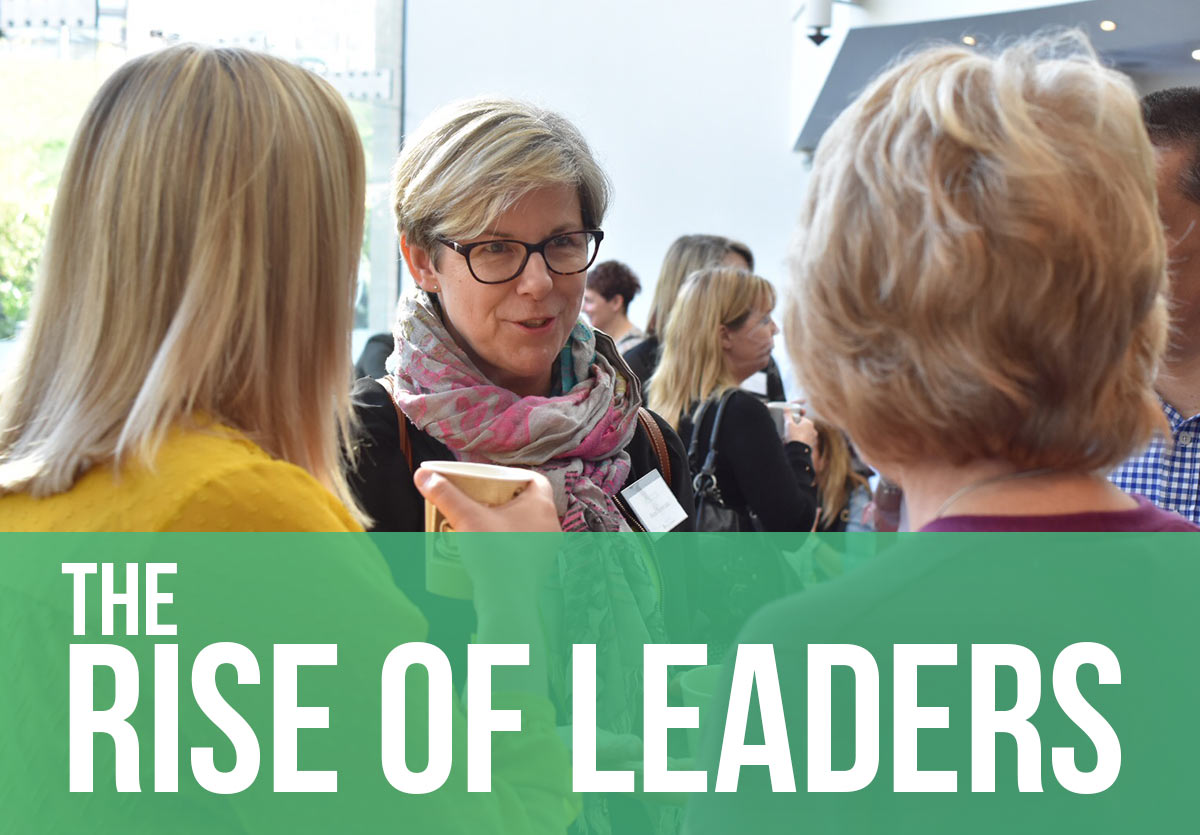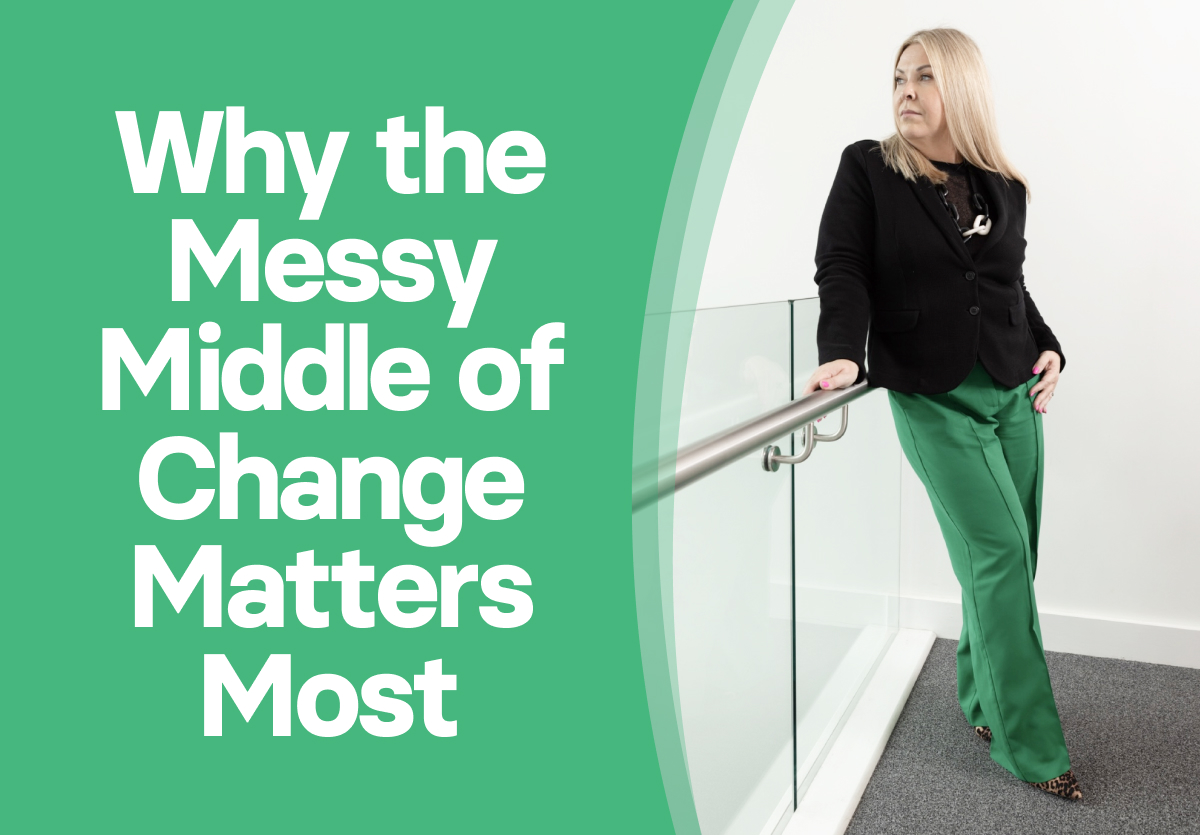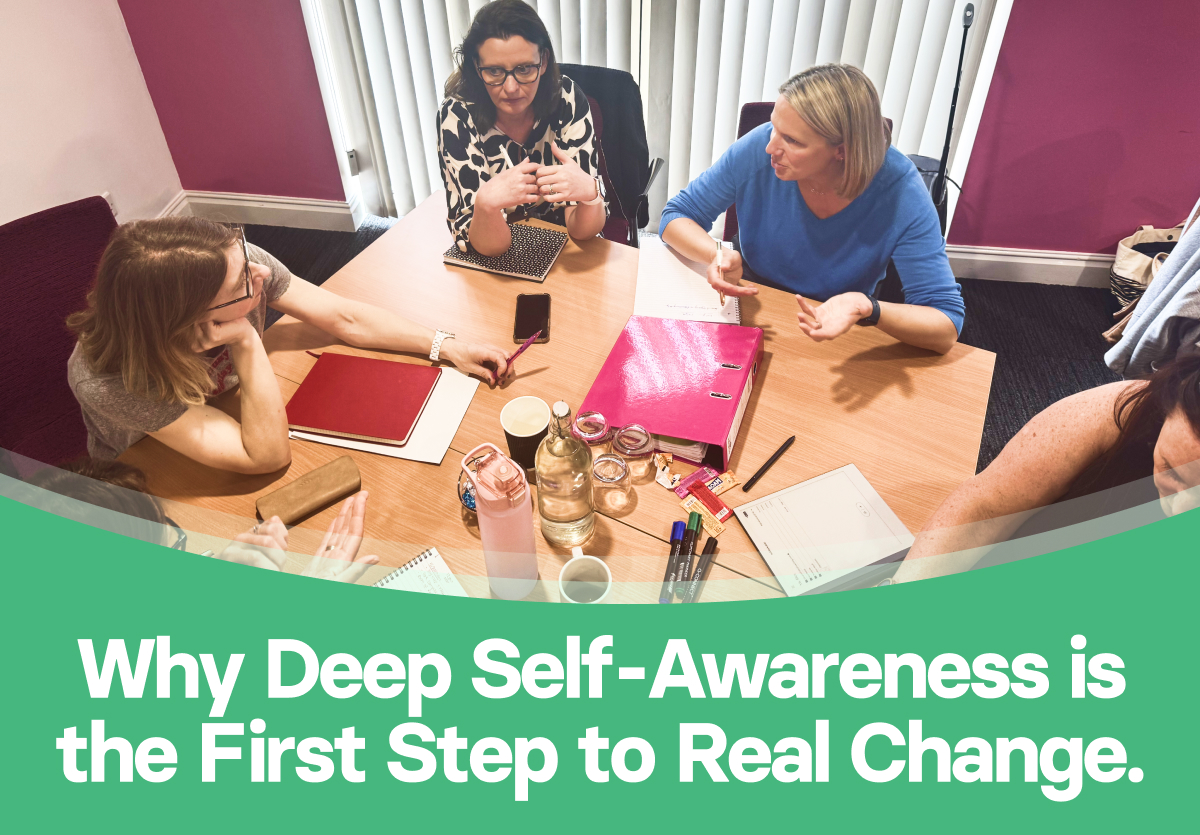Look at any modern business finding new ways to adapt to today’s ever-changing and fast-paced market, and you’ll find an undeniable constant – effective leadership. Organisations leveraging senior leaders who can also effectively coach improve their business results by 21% compared with others.
Like it or not, the days of simply throwing out directions to employees and making a few decisions are long gone. Leaders as a coach offer a transformative approach that emphasises the human side of the question, moving leaders from “telling” to asking and instructing to inspiring.
Role of Leaders vs. Coaches
In traditional business, a leader is seen as the last authority on a subject. They offer clear instructions and expect immediate results.
The coach is different. These people use leadership skills to unlock a team member’s potential to maximise their personal growth. Instead of handing out a simple solution, a coach probes, asking questions to spark insights. Where leaders would once pass judgement, the leader as coach supports and empowers.
Organisations implementing managerial coaching achieve a 14% higher employee engagement. That directly translates into more productivity and an overall sense of collaboration.
Why is it Critical for Leaders to be Coaches?
Incorporating executive coaching principles into leadership doesn’t just add another tool to a manager’s current leadership development repertoire. Instead, it effectively changes the very essence of how they operate.
Embracing leadership coaching adds depth to a leader’s knowledge. It creates a space where offering a profound understanding of the people they serve elevates the overall organisation. A manager, executive, or other leader soon learns how to give back quality feedback by becoming a leader and coach.
These communication bridges will craft a reliable pathway where they lead by example, drawing out the best from their teams and establishing themselves as an indispensable asset to the larger organisation.
How to Become a Leader and Coach?
Making the transition involves acquiring specific leadership skills. There are several methodologies to unlocking these skills, but most cover the essentials like:
• Active Listening: Learning how to go beyond only hearing the words coming out of an employee’s mouth and, instead, understanding the meaning behind them.
• Asking Powerful Questions: Promoting self-reflection and exploration by asking open-ended (no “yes” or “no”) questions that empower the person to respond and choose the direction they wish to take.
• Providing Feedback: Constructive critiques that propel growth by taking the time to think about the best possible solution that allows people to perform at a higher level.
• Goal Setting: Enabling team members to visualise and reach their aspirations by planning for the future and defining reaching stages of development (in essence, giving executive coaching to team members in a natural setting).
• Empathy: Connecting on a human level, understanding emotions and motivations, then sharing these moments in a safe space.
• Identifying Strengths: Recognising and leveraging individual team members’ capabilities that can be exercised and challenged to grow in a healthy way.
• Earning Trust: Trust is the foundation of human transactions. Trust isn’t something you earn by proxy because you are a leader. You influence behaviour if people know they can rely on your abilities and if that’s the case they will return to you for future needs. That is true for all organisational levels, from employee to exec.
These insights are why organisations like the International Coaching Federation claim that 83% of companies/businesses plan to increase their leadership teams’ use of coaching skills. They create many advantages for the team, stakeholders, and partners when applied effectively.
How Does this Benefit an Organisation?
Merging leadership development with coaching principles holds immense organisational advantages. By fostering a culture where leaders embrace the dual role of leader coach, trust and rapport are built, cultivating a flexible approach.
Think about that in terms of productivity. When you have a team building a solid company culture, you are crafting a more resilient organisation. This allows everyone to be more adaptable to changing market demands and promotes effective leadership at every stage of employee. It is the difference between a Premier soccer league and a kickabout in the park.
What’s in it for Leaders?
For leaders, adopting a coaching mindset isn’t just about organisational benefits. It’s personal. As leaders as a coach, you discover ways to maximise conversations, bringing mutual benefits to the individual, the employee, and the organisation.
When you begin to operate with better leadership skills aligned with effective coaching, you amplify your ability to create more job opportunities, network with partners, hone team building, and open countless new doors. You are expanding your potential horizons by embracing possibilities you may have never imagined before.
Over 80% of people who receive coaching report increased self-confidence and see work performance improvements. They enjoy better relationships because of higher-quality communication. This is relationship-building at the professional level.
Go Further – Learn the Paseda360 Method
While the principles of leadership coaching are invaluable, leaders must delve deeper to truly understand what lies beneath a team’s behaviours. The Paseda360 method offers a comprehensive model, shedding light on the psyche, driving behaviours, and responses. It’s not just about surface-level coaching of your team. You are learning about a comprehensive understanding of the behaviours of everyone involved and then using those new skills to drive future transformation.
Conclusion
The future of effective leadership is about more than choosing between being a leader or a coach. It’s about amalgamating the two through end-to-end coaching methods like Paseda360. Leaders who embrace coaching principles don’t just evolve. They revolutionise their approach, benefiting themselves, their teams, and their organisations.
The only way to lead in the modern era must be through learning how to become a leader as coach. The fusion of leadership development and coaching is the future, and the future is now.







